How we used a chatbot to teach writing and coding!
When Mouse moved into our new office in early 2015, we were excited to have space for our high school Design League program to spread out and work on assistive technology projects like 1derphone, a motorized headphone for a DJ with limited mobility. We also quickly realized we had the chance to reach more students in more ways by hosting flexible open events that any NYC students could attend.
We hosted our first open Maker Night in March 2015 and it quickly became a space where students showed up and could work on anything creative and innovative. Every month, we saw new projects emerge from crafting, coding, and anything in between:
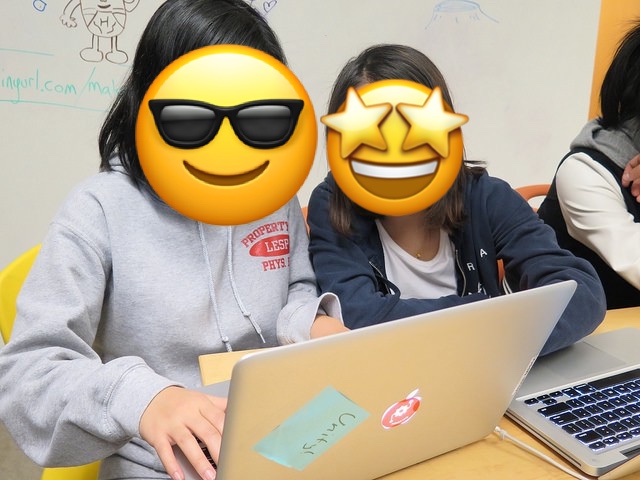
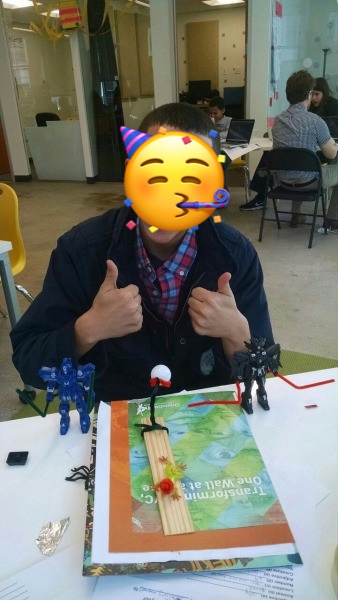
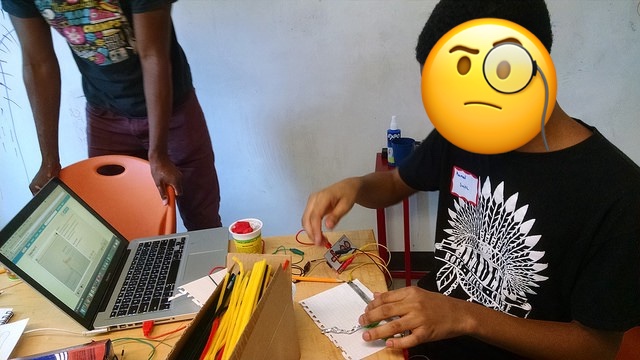
Pictures from Maker Night at Mouse
We often test ideas for new creative activities at Maker Nights and one new project I had been playing around with was a simple chatbot that students could remix. We love teaching any new tech skill through activities that are quick and easy to jump into and have created a few introduction to coding activities using remixable JavaScript arrays (Check out a few of Mouse’s Web Making activities created through our partnership with Mozilla).
We usually have students start out by quickly remixing the chatbot’s script: have the bot ask about your day, or give the chatbot a unique personality. Then they can move on to second level challenges: remix the interface CSS, teach the bot to repeat a user’s name back to them, or teach the bot to respond to yes or no questions. All the linked examples are real student work, created between pizza slices at a Mouse Maker Night!
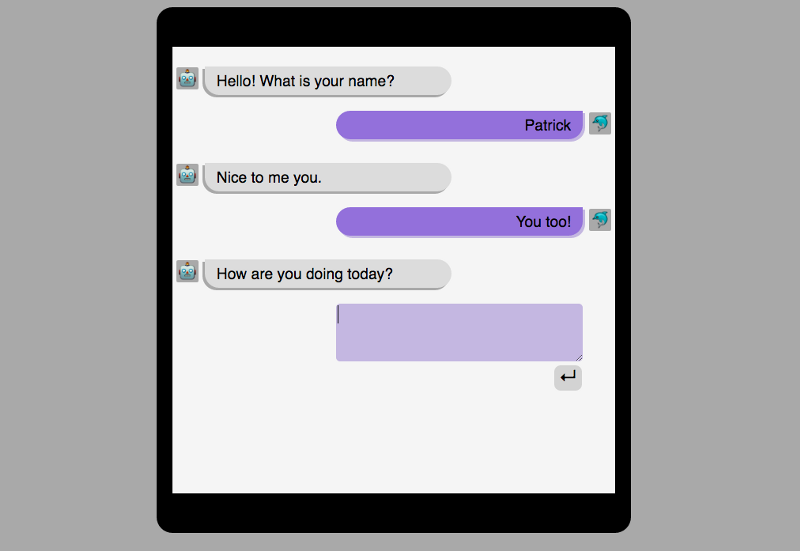
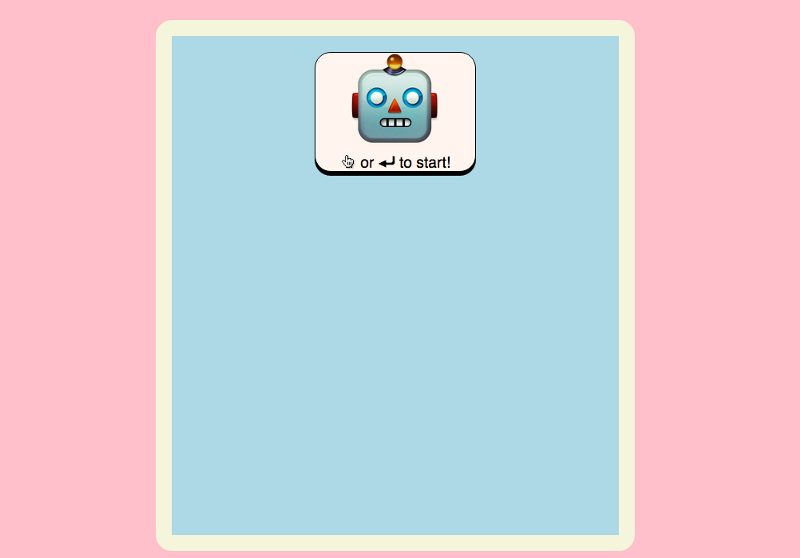
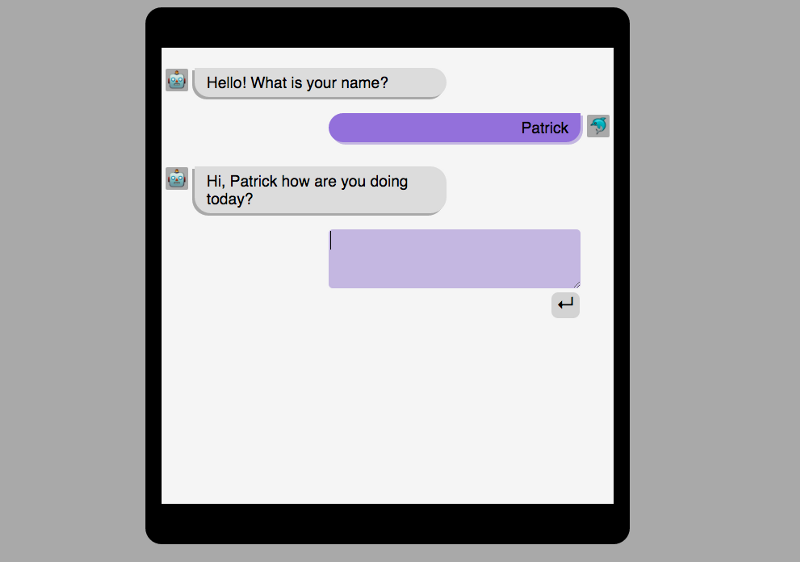
I tried out the chatbot at our March Maker Night with a few students from Lower East Side Prep. Many LESP students are recent immigrants and as their principal notes on their website, their “student body represents more than 50 countries including the United States.” I sat down with a few LESP students, showed them the basics of editing the script and they instantly started creating.
Students who were shy to get started or were nervous that they had never coded before were able to get familiar by creating linear scripts that anticipated a user’s responses or building in simple logic. One student who had recently moved to the U.S. created a bot that empathized with people who miss faraway friends.
Something about the narrative and engaging interface of a bot made students want to iterate on their designs. Two students would write a bot script, then switch and play each other’s bots. They would start by focusing on writing a friendly personality, then dive into a challenge like the bot learning a user’s name or a place name.
Moments like these are exactly what Mouse strives to create with technology focused youth development curriculum. We love seeing language arts students publish writing online and code their own websites, history students create a Serious Game about the civil rights movement, or science students make DIY Batteries to learn Green Tech.